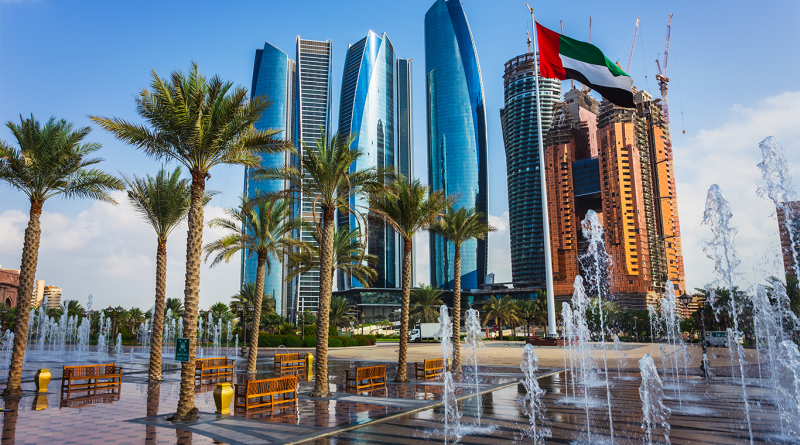The UAE’s Path to Becoming a Global Logistics Hub
The UAE is strategically evolving into a global logistics hub through a combination of strategic investments, technological advancements, and supportive government policies.
Strategic Location and Infrastructure
The UAE’s prime geographic position and its world-class infrastructure are key factors in its logistics success. Major facilities such as Dubai’s Jebel Ali Port, the largest man-made harbor globally, and Dubai International Airport, one of the busiest by international passenger traffic, are central to this strategy. Additionally, ongoing projects like the Al Maktoum International Airport and the Khalifa Port in Abu Dhabi are set to significantly enhance the logistics capabilities of the region.
The UAE is leveraging cutting-edge technologies to enhance logistics operations. The integration of artificial intelligence (AI), machine learning, blockchain, and the Internet of Things (IoT) is transforming logistics. These technologies improve predictive analytics, real-time tracking, automation, and supply chain transparency, making operations more efficient and secure.
Investment in Multimodal Transport
Significant investments are being made in multimodal transport solutions, integrating sea, air, and land transportation. The Etihad Rail project, which aims to connect major industrial and logistics hubs across the region, exemplifies this approach. These integrated transport solutions help reduce transit times, lower costs, and improve overall logistics efficiency.
The UAE government has implemented strategic economic plans such as Vision 2021 and UAE Centennial 2071, which emphasize the development of logistics as a driver of sustainable growth. Regulatory reforms have streamlined customs procedures and provided incentives for logistics companies, improving operational efficiency and competitiveness. Investments in infrastructure development, such as the expansion of airports and ports, underscore the government’s commitment to enhancing logistics capabilities.
Support for SMEs and Trade Relations
The UAE is bolstering trade ties, notably with China, aiming to significantly increase bilateral trade by 2030. Initiatives like the Dubai Traders Market support small and medium enterprises (SMEs) by providing a hybrid retail and wholesale marketplace, facilitating new trade opportunities. Partnerships with logistics experts enable SMEs to access robust supply chains, reaching new markets and diversifying revenue sources.
While the UAE’s logistics sector is rapidly advancing, it faces challenges such as a shortage of skilled labor and the need for widespread adoption of new technologies. Sustainability goals also present a challenge, requiring logistics companies to balance cost-effectiveness with environmental impact reduction.. Overcoming these challenges will require collaborative efforts among government entities, industry stakeholders, and logistics firms.
The UAE’s strategic investments in infrastructure, technology adoption, and supportive government policies are driving its transformation into a global logistics hub. Addressing challenges like skilled labor shortages and sustainability goals will be crucial for maintaining this trajectory. The UAE’s collaborative approach and continuous innovation will further enhance its position as a vital node in the global supply chain, driving economic growth and diversification.
